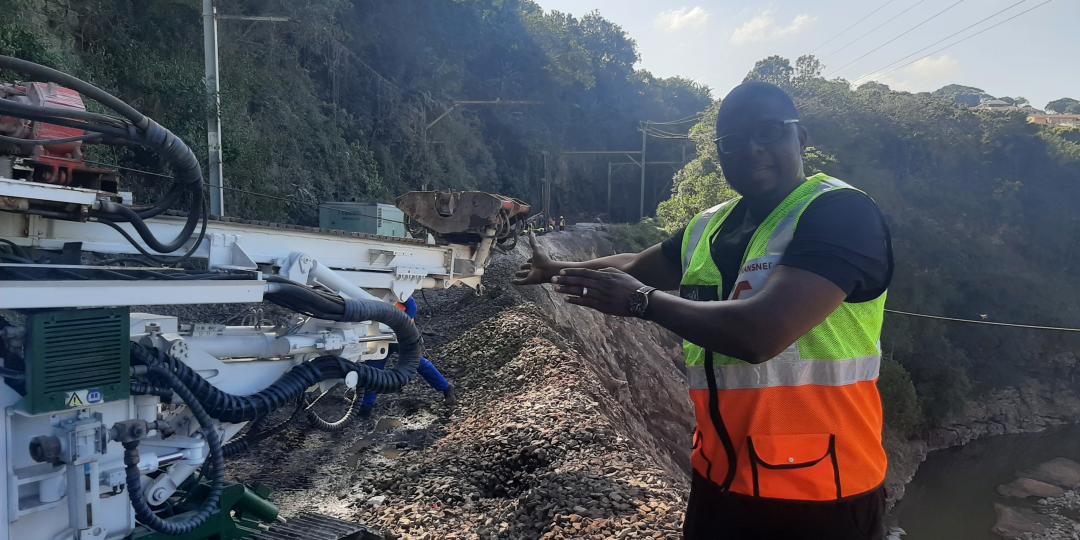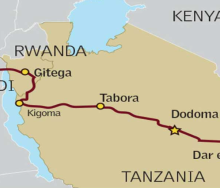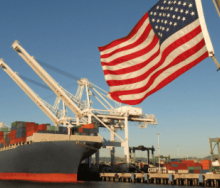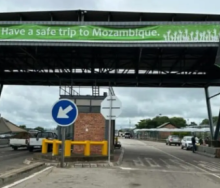Transnet Freight Rail (TFR) has identified hundreds of sections of the national container corridor that need to be repaired following the destructive floods in KwaZulu-Natal last month.
TFR chief engineer Ntsako Nukeri told journalists at a media briefing on Thursday that his team had completed inspections of the rail network and found 497 defects, 170 of which had been rectified and cleared. Buildings had also collapsed in the Bayhead Road area and the railway signal control room had been damaged after floodwaters had risen to ceiling level.
He said TFR was engaging with KZN MEC for human settlements and the eThekwini Municipality to relocate hundreds of people whose homes are located within the railway servitude, blocking access for maintenance vehicles and teams.
TFR took journalists to inspect some of the major damages along the line in the province.
“This is the worst flood we have had in 30 years. A picture tells a thousand words, but in this case a picture does not give you the full picture. The worst damages are on the mainline followed by the South Coast, which is where the track is closest to sea level. The Illovo bridge has been totally washed away, and on the North Coast there is damage but is not as bad as the South Coast and the mainline,” he said.
“At Mount Vernon the railway track is floating in the air and the river (in the valley below) has grown. The Klaarwater rail is also hanging and we lost a 19-year-old who died there when his house collapsed,” Nukeri said.
Repairs on the line to Richards Bay would be completed soon and it should be reopened within one to two days.
Nukeri said one of the delays in reopening the mainline was that TFR was seeking specialist engineers to redesign the line to reinforce it against the prospect of future severe flooding.
“The plan is not to just reinstate it but to improve it so we can try and prevent the next flood causing so much damage. There are certain houses located in the vicinity of the line and we will also have to remove some of those people,” he said.
TFR executive manager Angela Eksteen said a total of 262 dwellings had to be relocated so that engineers could access the railway line to conduct repairs.













